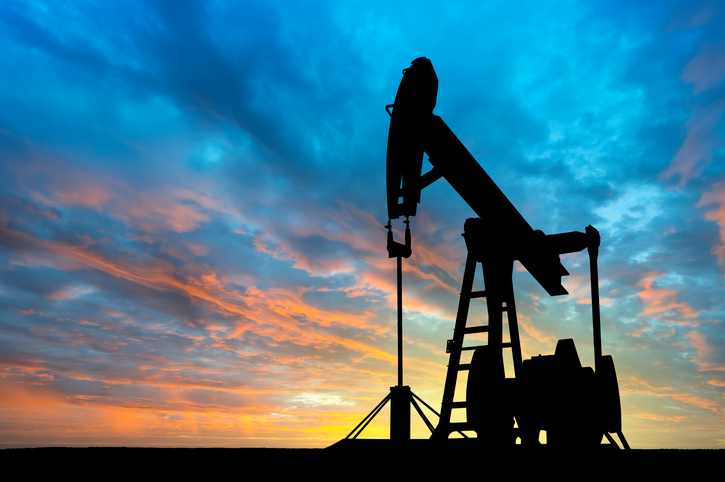Why the oil price just made a new three-year high
5th October 2021 14:05
by Graeme Evans from interactive investor
With the OPEC oil cartel’s October meeting now over, our companies writer explains what happened and the outlook for oil prices.

Worst-case forecasts for Brent crude to reach $100 or more during a winter energy crisis remained today after OPEC opted not to loosen its grip on the industry production taps.
The oil cartel and its allies are sticking with existing plans that will see another 400,000 barrels a day added to output in November, part of the framework agreed in July as supplies are gradually returned after the pandemic.
Brent crude spiked to a fresh three-year high of $82 a barrel on the back of Monday's decision, while US crude is at highest level since 2014 at around $78 a barrel. Much of the upward momentum has been blamed on events in the natural gas market, where global supply shortages and a record price have forced industry buyers to turn to oil instead.
In fact, one of the arguments given by OPEC ministers for not increasing production by more than scheduled is that the current situation has more to do with what's happening with natural gas and coal markets rather than oil. The oil price is up about 50% so far this year, whereas natural gas has soared 354% in Europe and 284% in the UK, according to UBS data.
- Forecasts for gas prices, Petrofac and Rolls-Royce
- Energy crisis: investor Q&A and share tips
- Five things investors must know about Britain’s energy crisis
- Subscribe to the ii YouTube channel for interviews with star investors
Spare capacity in the oil industry, meanwhile, is still unusually high and OPEC continues to think that the market will balance towards the turn of the year or early 2022.
The worry expressed by some energy analysts is that oil prices could yet soar further if strong demand, low stocks and a rebound in air travel collides with a cold winter. If that happens, Bank of America forecast on Friday that it thinks Brent crude could hit $100 a barrel and lead to a second round of inflationary pressures.
It added: “Put differently, we may just be one storm away from the next macro hurricane.”
Bank of America notes that energy as a percentage of GDP has risen to 5.6% so far, which is still far from the 8.8% seen in July 2008 when the Brent price hit a record $147.50 a barrel.
Looking longer term, however, it warns that tight energy markets may persist for a number of years until the planet transitions to a green energy economy.
The more pressing concern for investors is whether the recent spike in energy prices will add to the inflationary pressures that appear to be pushing central banks closer to an early tightening of monetary policy. These fears have supported another leg up in US bond yields, which put strain on leading US-listed tech stocks overnight.
So far, the main impact of higher energy prices appears to have been in terms of higher inflation rather than lower consumption or investment activity. However, the longer prices remain elevated the higher the risk of some hit to economic output in the months ahead.
- Spectre of inflation is trigger for investors to tweak portfolios
- Furlough finale further squeezes households: what you can do
- A guide on how investors can protect against inflation
- The shares Nick Train is backing to shield against inflation
- Take control of your retirement planning with our award-winning, low-cost Self-Invested Personal Pension (SIPP)
UBS believes one factor cushioning households will be the accumulation of “forced savings” during the lockdown, which should have preserved some of their spending power.
This week's moves higher were not just in energy but in other metals, including copper. In fact, Deutsche Bank's analysts note that Bloomberg’s Commodity Spot Index exceeded its 2011 high on Monday as gains since the post-pandemic low in March 2020 have reached 94.7%.
BP (LSE:BP.) and Royal Dutch Shell (LSE:RDSB) were 1% higher today and have risen by about 17% in the past month.
These articles are provided for information purposes only. Occasionally, an opinion about whether to buy or sell a specific investment may be provided by third parties. The content is not intended to be a personal recommendation to buy or sell any financial instrument or product, or to adopt any investment strategy as it is not provided based on an assessment of your investing knowledge and experience, your financial situation or your investment objectives. The value of your investments, and the income derived from them, may go down as well as up. You may not get back all the money that you invest. The investments referred to in this article may not be suitable for all investors, and if in doubt, an investor should seek advice from a qualified investment adviser.
Full performance can be found on the company or index summary page on the interactive investor website. Simply click on the company's or index name highlighted in the article.